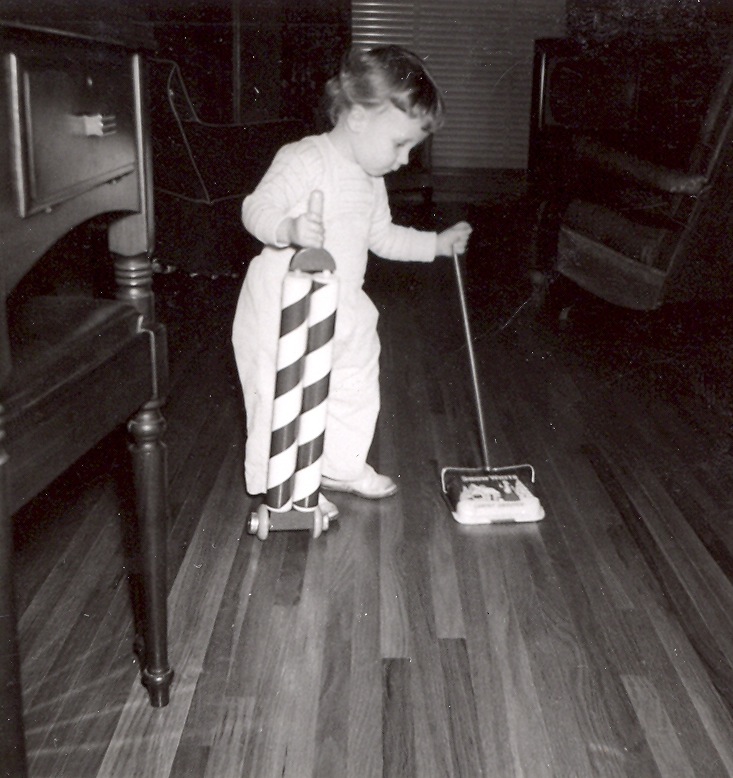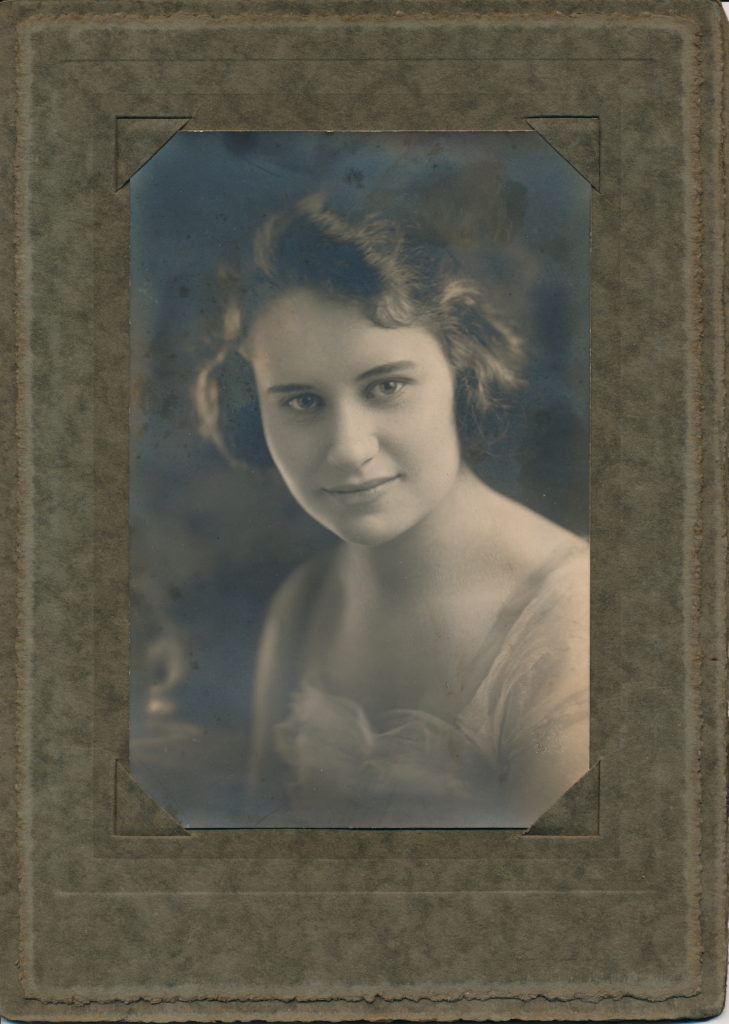A Little Housekeeping for a New Decade

Whether your math sense says this is the first month of a new decade or that 2021 is truly the start of a new decade, the blog is starting a bit refreshed. One of the worst issues was the SSL technology Google has been using- because we did not purchase an SSL certificate, “Not Secure” came up in the address of the blog. (Cue flashing lights and “Warning, Will Robinson!!”) This blog is supported privately so that you don’t have to deal with ads or tracking, so needing to purchase an expensive SSL certificate was pretty aggravating, and did not happen. Thankfully WordPress and independent app developers stepped in to make this technology free, so we have added it to the blog. You can now connect securely to HeritageRamblings.net, and will see a locked padlock in the address bar and “https” in the address, rather than “Not Secure.” You will be redirected to the secure connection if you use the old URL, so please change your bookmarks or notes to reflect the new address of https://heritageramblings.net/.
The past year has also been spent on updating some behind-the-scenes aspects of the blog such as back-ups and printing as a PDF or to your printer. Quite a lot of information and artifacts have been ‘found’ this year too, and those are being scanned and researched so we can add to the blog- the most recent posts for the Roberts family are some of those lovely pictures and stories. The blog and some traveling has allowed us to reach out to more family members which has been absolutely wonderful. Genealogy should really be about the family, its love and connections, and honoring those of the past while embracing the new family members who carry on with our genes but more importantly, our family legacy.
We hope that 2020 brings our family, and the whole human family, closer in love and understanding. Best wishes for the New Year to all.
Notes, Sources, and References:
- “Warning, Will Robinson!!” will be understood by those ‘of an era’ though it is cool to see that “Lost in Space” has been revived for younger generations. Those who have not seen the early TV versions should watch the first one or two for campy fun.
Click to enlarge any image. Please contact us if you would like an image in higher resolution.
We would love to read your thoughts and comments about this post (see form below), and thank you for your time! All comments are moderated, however, due to the high intelligence and persistence of spammers/hackers who really should be putting their smarts to use for the public good instead of spamming our little blog.





